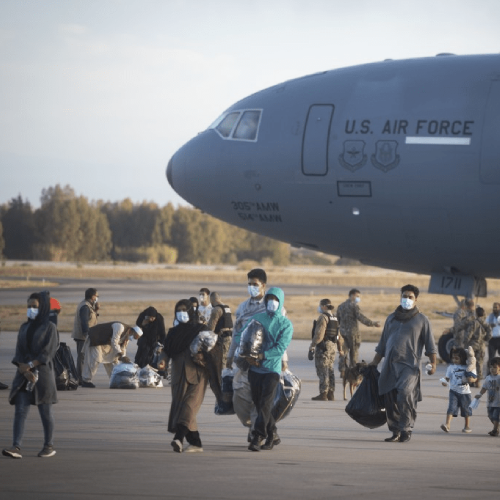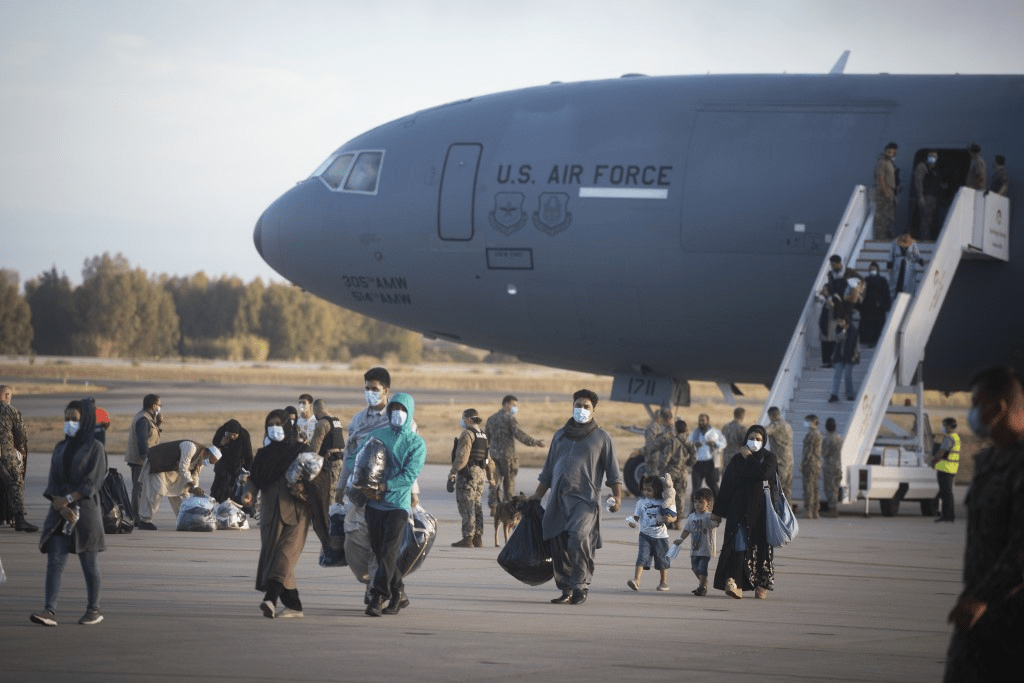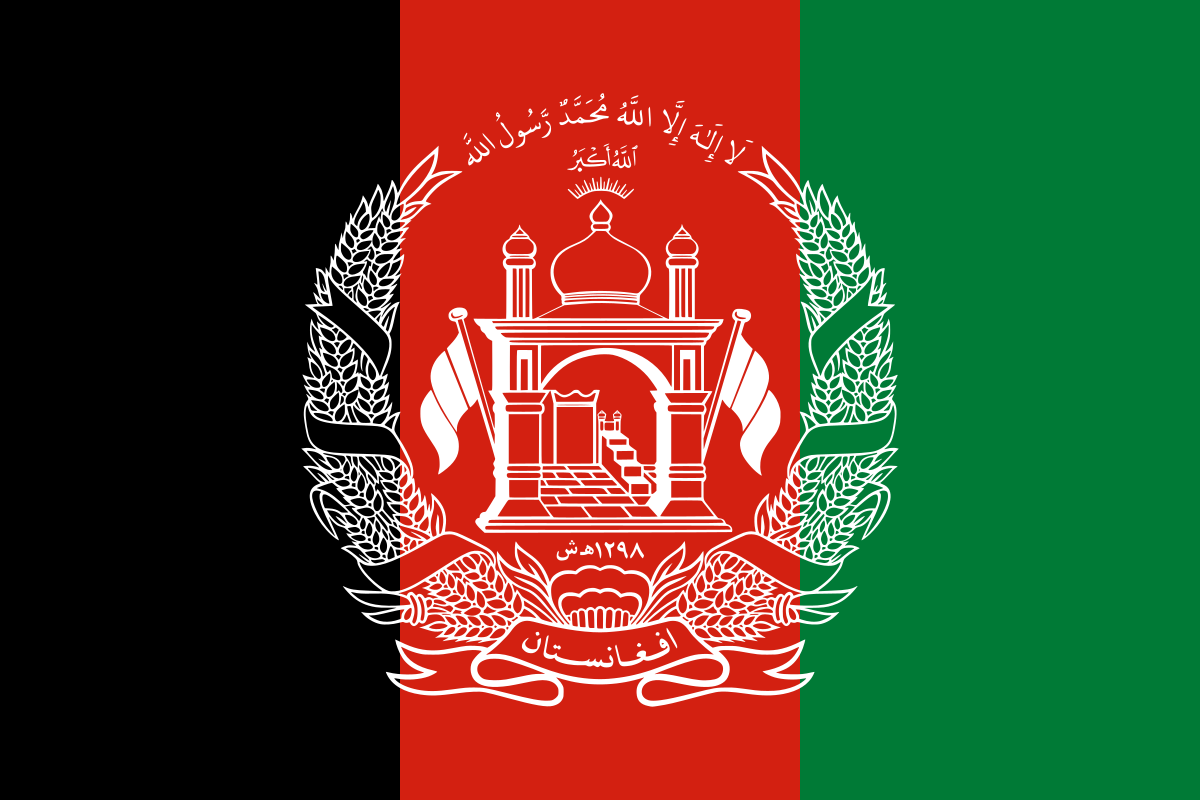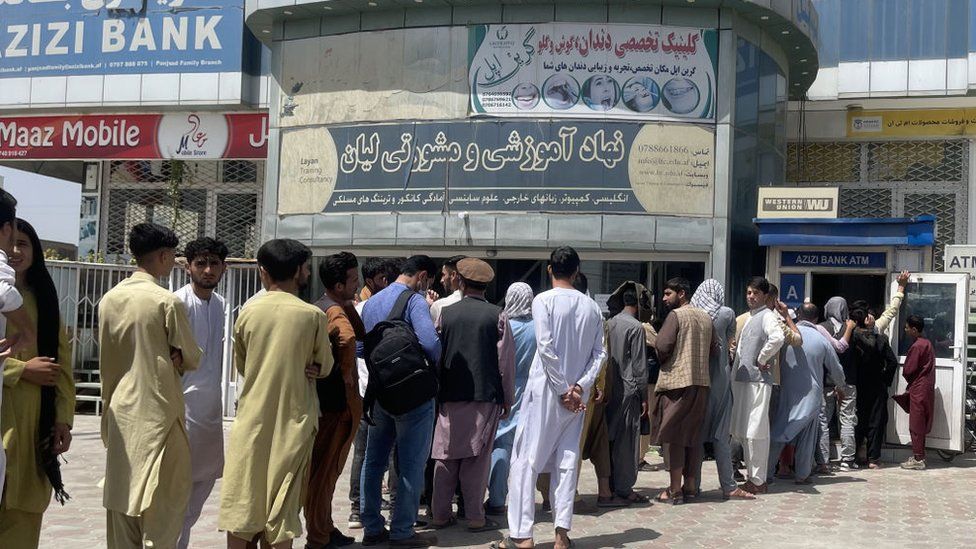Military interventions have become part of the Western discourse around the “responsibility to protect”: the idea that sovereignty is conditional upon state governments not crossing human rights lines as defined by the West. If a state fails in this regard, its sovereignty becomes forfeit, and war is allowed.
Despite Western powers claiming the role of global police officers, they are prepared to ignore equally terrible actions committed by governments that support their strategic interests. It is common knowledge that the West has turned a blind eye to corruption, authoritarianism, oppression, and other human rights abuses when conducted by an ostensible ally. And these are not policies of the past; they are a feature of today’s geopolitics with examples of the West supporting interventions and unrest ranging from the war in Yemen to events in Venezuela and Hong Kong.
Western Dominance of Multilaterals
Given that key international institutions such as the U.N., World Bank, WTO, and IMF are set up according to Western values, one should not be surprised to find their actions, advice, and prescriptions follow Western framings. One should also not be surprised that the people involved who are decreed most qualified and elected to leadership positions are White Westerners, establishing a permanent “ruling class” when it comes to global and elite institutions. The World Bank is run by an American and the IMF is run by a European. Predictably, they fell in line last week and decided at the instruction of the United States to withhold funds from Afghanistan.
In fact, these two international bodies best exemplify this institutional-level discrimination. They have pursued economic development strategies that promote free markets and deregulation, often at the expense of living conditions on the ground.
Developing countries faced with an economic crisis have been forced to enact sweeping and drastic policy reforms at the insistence of the IMF. These must be market-driven, with reduced public sectors and limited assistance (termed “interference”). These reforms were often hugely damaging, destroying standards of living and demolishing trust in political and economic institutions. Indonesia, for example, suffered devastatingly as a result of the domino-effect of the Asian Financial Crisis in 1997 because of over-liberalization, while Malaysia – which resisted the prescriptions of the IMF – weathered the crisis markedly better.
Beyond the World Bank and the IMF, many examples of White Western alliances exist to perpetuate supremacy. For example, the G-7 and the OECD are dominated by Western countries, with only a few non-Western members. Another is the Five Eyes Intelligence Alliance, comprised of the United States, the United Kingdom, Canada, Australia, and New Zealand.
The Five Eyes showcases something unique with regard to White privilege in geopolitics. The coalition is made up solely of the Anglosphere, of which four are White settler communities that created their nations through large-scale violence against non-White Indigenous populations.
Another example of a Western-controlled multilateral is the U.N. Security Council, which remains the pinnacle of the international security apparatus. It decides if punitive action should be taken any nation. It passed a resolution on August 30 demanding that the new Afghan government ensures safe passage to all Afghans who want to leave the country, with China and Russia abstaining. No sovereign state would agree to this.
The UNSC’s five permanent members are the victors of World War II: the U.S., U.K., France, Russia, and China. Three out of the five are clearly Western nations; four out of the five are White-majority nations. China remains the only non-Western, non-majority-White country on the council. These five member countries have veto rights and thus control the debate at the United Nations.
Attempts have been made to expand the permanent members of the Council to include countries like India, Brazil, and South Africa, yet none have succeeded.




























